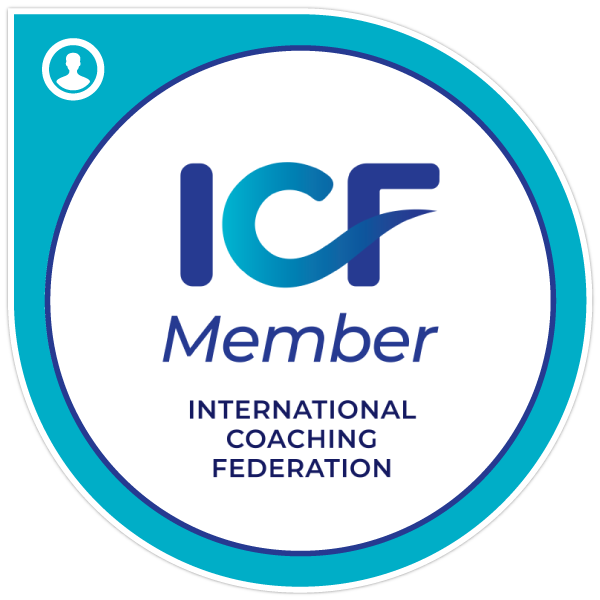I have a soft spot for all those professionals out there who feel they don’t fit the mold.
Queer, neurodivergent or unique in some other way, they know what it feels like to not belong to the dominant culture.
They choose careers that allow them to be of service to others. Lawyers who provide immigration services to LBGTQ individuals, doctors who treat the elderly who cannot advocate for themselves, environmental policy makers…whatever the content of their careers, they strive to contribute in a meaningful way.
They are passionate and they are understanding. They want to reduce suffering and make this world a little less difficult to navigate.
Yes, I’m ready
But these out-of-the-box professionals are often told that their way of working is not THE way.
They bump up against the implicit bias in existing corporate systems that holds that ‘difference’ is inefficient – costly to the corporation’s bottom line.
And sometimes this bias is explicit in performance feedback or in offhand comments about their integrity.
For neurodivergent professionals, it feels deeply constraining to be told that they must work within the proverbial corporate box. For these folks, there’s no creativity inside of the box.
Their passion becomes diluted when they try to work the same way as everyone else.
No matter how much they want to succeed in their profession, they’re being asked to do it with their greatest assets put aside.
Do you relate to this experience?
When you’re feeling that nothing you do will ever be enough to thrive where you are, take your power back:
1. Recognize your resistance to ‘the box’
Anger and frustration are valid in the face of unfair expectations, but they’re also huge distractions from what’s possible. Learn to recognize when your own anger might be distracting you from solutions. Get to know your brand of resistance.
Ask yourself,
- What is it I’m believing about these expectations? That there’s no way to meet them?
- How does this feel inside?
- How do I behave when I’m frustrated and angry?
Am I resisting learning a new skill, or something else?
2. Turn toward your ‘Why’
Melt your resistance by focusing on your ‘Why’ for choosing this career path. By owning who you are and why you’re there, you’ll recapture the energy and vitality you need to serve the world – in the way that matters to you.
Think of how fantastic it could be when you tap into your own energy. Your own values. Your own gifts. You’ll be making creative space for possibilities you can’t yet imagine.
Ask yourself,
- What possibilities might be available to me once I focus on MY why?
- What opportunities for learning might be available to me in this current situation?
- How might I grow as a human being? A professional?
- What makes all of this more than enough for now?
3. Remember your strengths
When you’re feeling that nothing you do may be enough to survive where you are, turn your thinking back to your strengths. What gifts do you bring to your professional path? New perspectives? Flexible thinking? Creativity? Are you the go-to person in a crisis? Are you stellar at meeting court deadlines at the last minute?
These are assets for any organization. You don’t need to be different. You just need to be free to be you.
Ask yourself,
- In what way can I maximize my skills?
- What new skills would make room for my talents to shine?
- What am I taking for granted can’t be changed?
What supports might I need for me to thrive in this situation?
4. Advocate for what you need and grow what you can
When you do choose to advocate, perhaps for more time or flexibility, be prepared to do it neutrally. Stay focused on the objective of the conversation by staying focused on the facts.
You don’t need to disclose about your neurodivergence unless you’re comfortable doing so.
The point is it to share how this accommodation will give the organization what they most want from you.
They may not be able to understand your point of view, but they will recognize and value their own:)
Learning these inner and outer skills is a win-win for you.
Remember that you’re the solution, not the problem.









